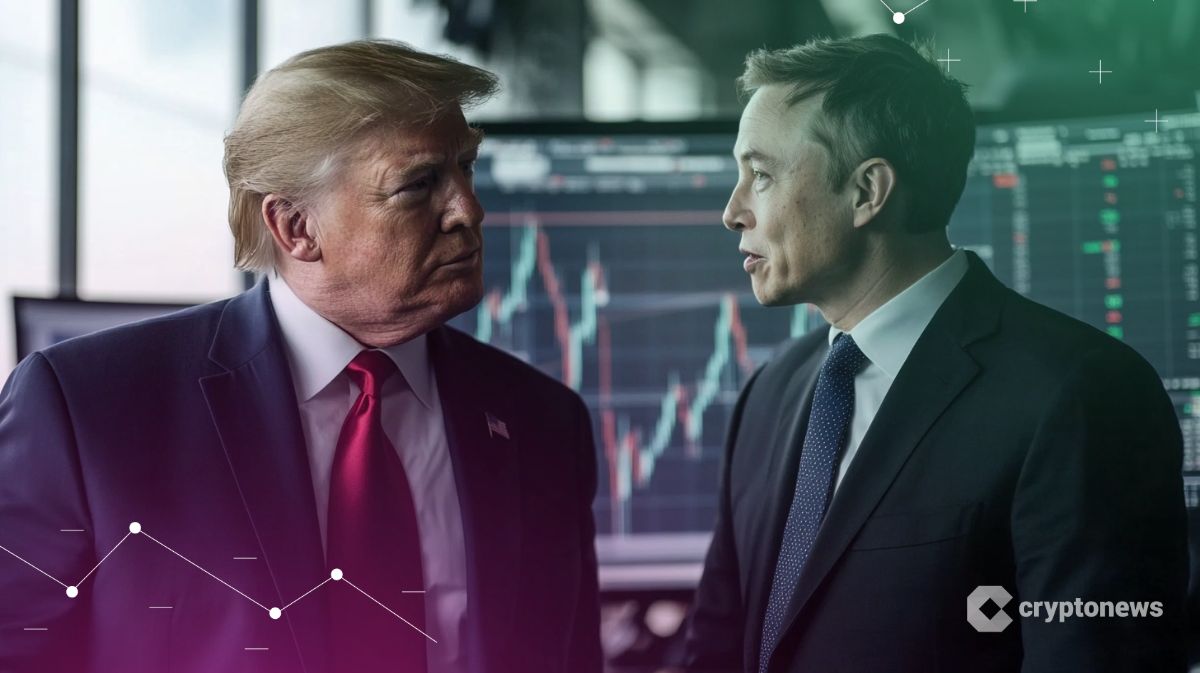Pumpfun hits 1.3m traders in august but retail users rack up $66m in losses
PumpFun had 1.3 million monthly active traders in August, yet they saw millions in losses. The Solana-based launchpad continued to be one of the most active in the crypto space, drawing thousands of new users every day and launching 595,000 new tokens over the month.
Despite the surge, most traders ended the month in the red, transforming the enthusiasm for trading new tokens into a costly setback. Defi Oasis claimed that PumpFun has returned as the number one Solana launchpad, though most users haven’t made any gains. Over 60% of all traders finished the month with losses. Notably, no trader made more than one million dollars in profits, underscoring the rare substantial successes.
Most of the losses were borne by smaller traders. Around 882,000 wallets reported losses ranging from zero to $1,000 each, with an average loss of about $73 per wallet. While these individual amounts may seem modest, they collectively added up to over $64 million, highlighting how widespread, even if relatively shallow, the financial impact was across PumpFun’s massive user base.
 Source: Dune
Source: Dune
Some traders did see gains, though not nearly enough to offset the losses. Around 416,000 addresses earned up to $1,000 each, averaging less than $100 in profit. About 18,000 wallets made between $1,000 and $10,000, and just 1,665 addresses netted over $10,000. Despite these pockets of profit, the heavy losses dominated, leaving the platform with a net loss of $66 million for the month.
Buybacks strengthen the platform but hurt traders
PumpFun has already tried to bolster its token economy. In August, it carried out $58.7 million in buybacks of its PUMP token, bringing the repurchases total to more than $66.6 million. More than 17,657 billion tokens were bought back at an average price of $0.003765.
The move was intended to take selling pressure off the token and stabilize its price. But despite bolstering market confidence, such a shift didn’t deliver profits for most traders. The month still ended with heavy losses in all of these names, meaning that the growth in PumpFun is more helpful to the platform than it is to its retail customers.
Financially, PumpFun itself is thriving. Now holding more than $800 million in lifetime fees, most of this has been raised in the form of its 1% swap fee for token trades.
This is evident following new data that showed that the platform accounted for 46.6% of Solana’s August launchpad market share. Its closest competitor, LetsBonk, has less than 9% with almost $100 million in volume.
The platform’s community is also growing. Now more than 71,000 wallets contain PUMP tokens, and a large percentage of the ownership is retail investors. Nearly half of all PUMP tokens are in smaller wallets with less than 1,000 tokens each, indicating that grassroots participation is increasing.
PumpFun faces regulatory scrutiny
PumpFuns’ achievement comes as it is facing continued legal scrutiny. A class-action lawsuit, filed earlier this year, alleges that the platform runs like an “unlicensed casino.” The token mechanics of PumpFun resemble a “rigged slot machine,” according to plaintiffs, with investors assuming the risk of losses.
The suit, an amended complaint filed in July, suggests that total investor losses elsewhere on the platform may be as high as $5.5 billion. It’s a dominance that has allowed PumpFun to grow its revenues, but the lawsuit has also cast a long shadow over its future.
As earlier reported by Cryptopolitan, two law firms, Wolf Popper and Burwick Law, recently expanded the lawsuit against PumpFun to include Solana Labs, the Solana Foundation, and Jito. Key figures from the Solana community, including co-founders Raj Gokal and Anatoly Yakovenko, have also been named.
In an amended complaint, the firms claimed that Yakovenko and Gokal violated the RICO Act. Dan Albert, Lily Liu, and Austin Federa at the Solana Foundation are also named in the suit.
The RICO claims include illegal gambling, wire fraud, intellectual property theft, and unlicensed money transmission. The complaint also contains allegations of securities violations and claims of violations of New York General Business Law sections 349 and 350.
August highlighted PumpFun’s paradox. On the one hand, the platform is as strong as ever in terms of users, revenue, and market share. On the other hand, it has traders who are almost universally unprofitable, costing themselves millions of dollars in aggregate losses.
If you're reading this, you’re already ahead. Stay there with our newsletter.
También te puede interesar

World Liberty Financial Ownership Shake-Up: Trump Family Cuts Stake During Stablecoin Push

Bitcoin Suisse Chief Legal Officer Points Out Flaws in EU and Swiss Stablecoin Rules
